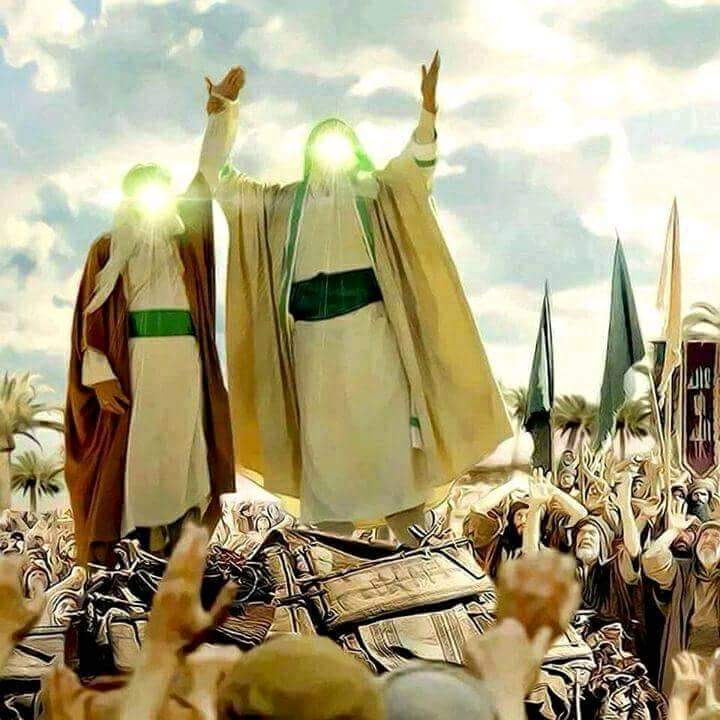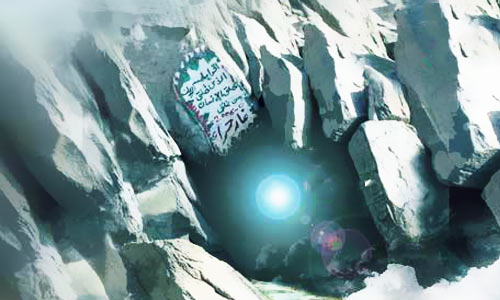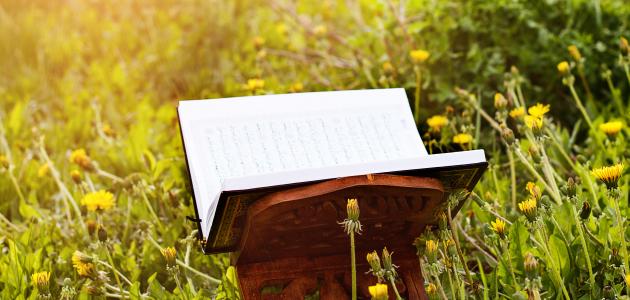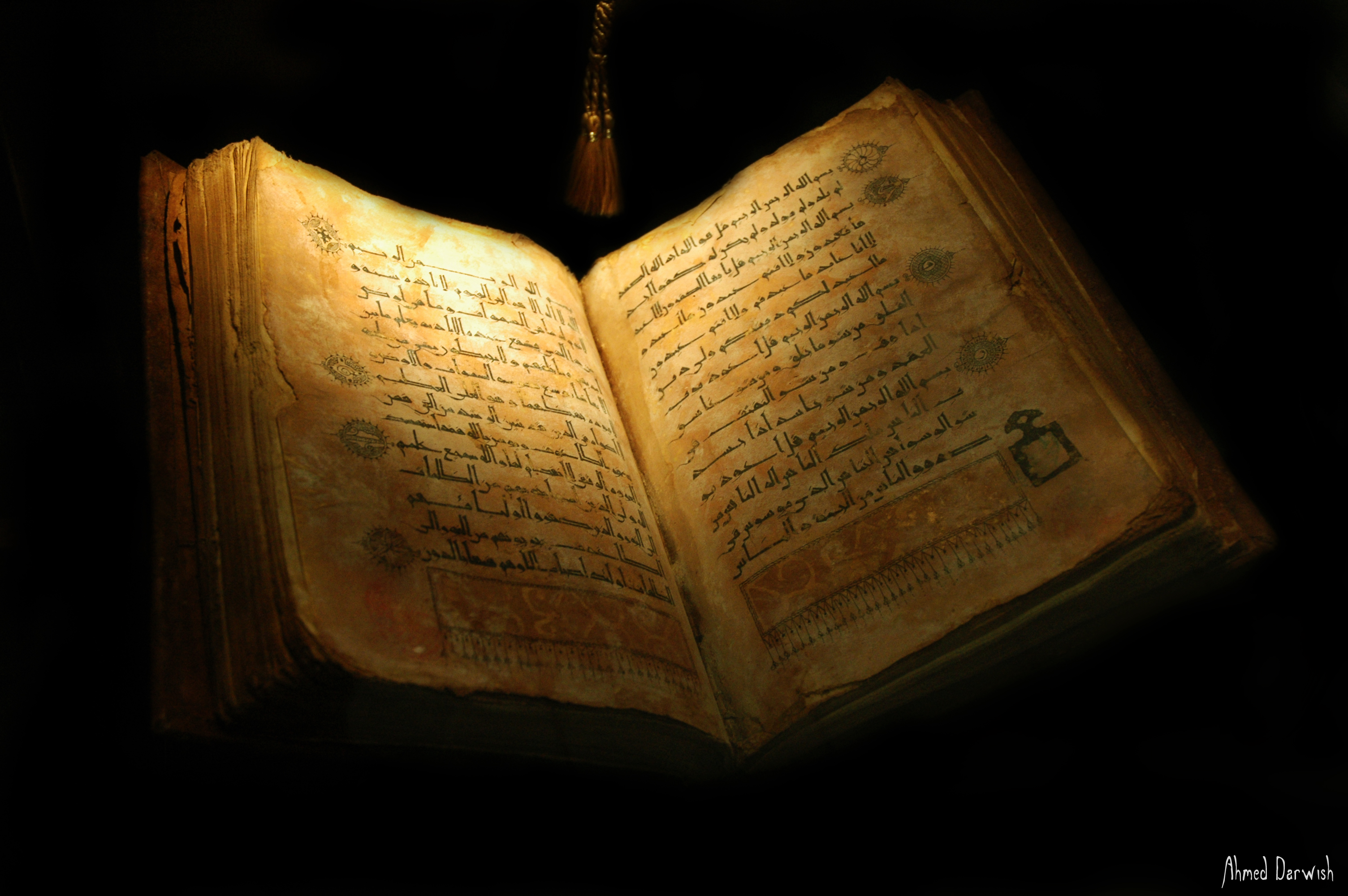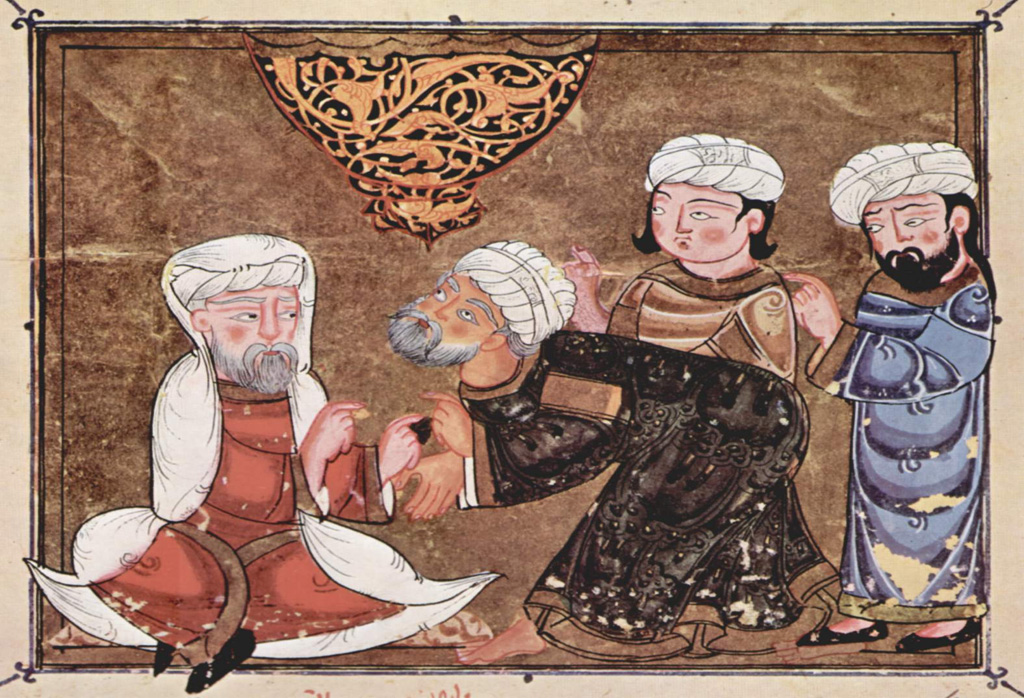The Historical Reading of Religious Thought
By Shaykh Haider Hobbollah The traditional mindset was accustomed to eliminating the distinction between thought and reality in a sense, between the self and the other, between the subjective and the objective, between the mental and the external etc. in their perception and conception of human knowledge. When a researcher or thinker addresses a topic … Read more












